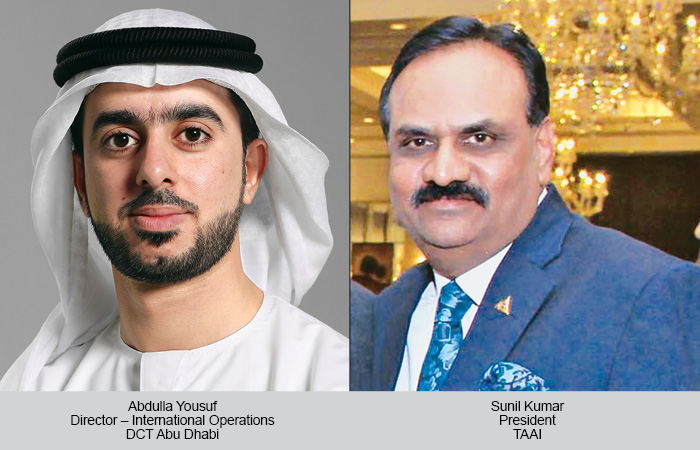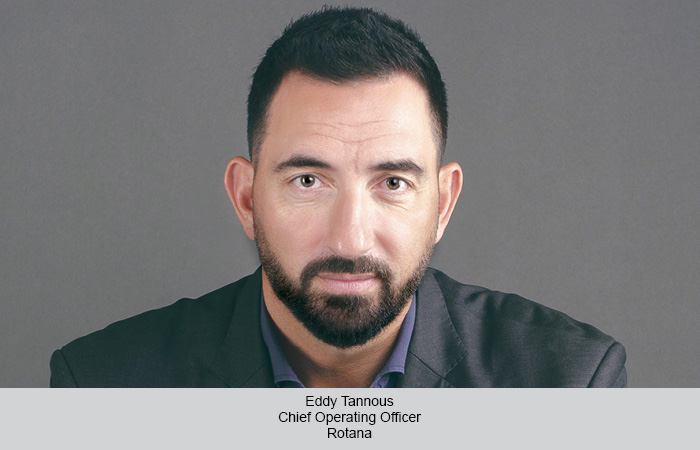eRevMax works closely with over 9000 hotels worldwide to increase revenue opportunities through real time distribution, market intelligence and connectivity solutions, reveals its Regional Sales Director for the Middle East, Ali Kansou.
TT Bureau
Q Give us a brief about your company.
Travel technology provider, eRevMax offers specifically tailored solutions within its core product brands – RateTiger, RTConnect and LIVE OS. The company has sales and technology presence in the US, UK, Spain, France, India, Brazil and Argentina. There are over 350 hotels across the Middle East using our solutions, including major hotel groups like AccorHotels, Kempinski, Golden Tulip, Millennium Hotel, Rotana & Auris, etc.
Q What are the services you extend?
RateTiger product suite offers the industry’s leading Channel Manager for online distribution, Shopper for rate benchmarking. RTConnect provides seamless two-way XML integration of channel management functionality with the hotel’s central systems. LIVE OS offers hotels a single sign-on platform to access multiple applications, while offering technology partners a chance to get in front of hotels allowing greater distribution of promotional opportunities. eRevMax is working closely with over 300 certified channel and technology partners helping over 9000 hotels worldwide to increase revenue opportunities and streamline business processes.
Q In terms of properties what is the strategy to attract more online visitors?
More than 50 per cent of the population in the Middle East is aged between 18 and 34 years and Internet is their preferred choice. They would visit over 17 websites, check reviews, exchange notes with friends and family before finalising on where to stay. As the fight for the share of the pie heats up with the availability of more inventories, hotels need to be visible at every touch point to capture customer’s interest. When it comes to online advertising, OTAs spend lot more compared to individual hotels. Two online travel giants Expedia and Priceline spend around $4 billion annually on Google Search advertising. Most often they are the first point of call for potential guests. Studies suggest, OTAs spend an average of $300 per hotel on promotions and marketing. For hotels to compete OTAs on their own on digital marketing, the cost can go up to $7,000 to $10,000. The trade-off between OTA commissions and direct customer acquisition cost remains a paradox for many hotels. In the Middle East, where about 38 per cent of online bookings are made in OTAs, online sales channels can be a great opportunity for hotels to not only increase their visibility in the region, but also expand their market reach.
Q Technology plays a pivotal part in hospitality – in your opinion what will the future traveller look for and what will the future travel agent focus on?
Online has made people more impatient and more demanding. Today’s traveller wants quick answers, simple process – a phenomenon Booking.com calls ‘instant gratification 2.0’. According to an American Express survey, ‘78 per cent of consumers have bailed on a transaction or not made an intended purchase because of a poor service experience.’ Customer friction has a negative impact on the experience, and can lead to an overall negative feeling about the brand. With major OTAs and Airbnb investing huge on guest experience with personalised trip planning, and easy cancellation like features, hotels need to up their game. As booking moves to mobile, hotels cannot afford to not to have a responsive, mobile-friendly, content rich and secure website for more conversions.
 TravTalk Middle East Online Magazine
TravTalk Middle East Online Magazine



